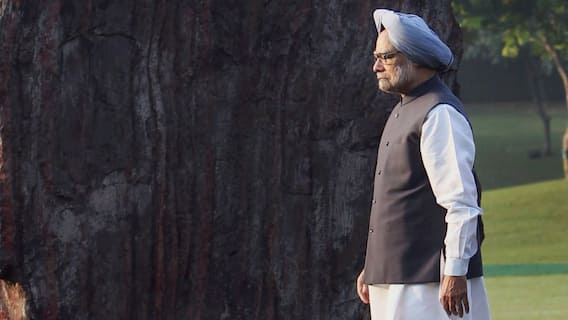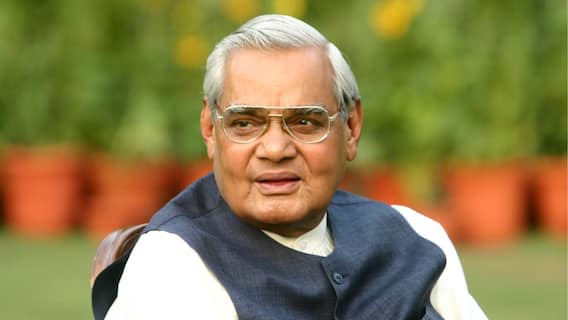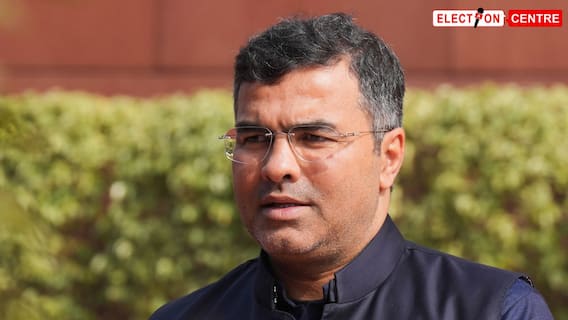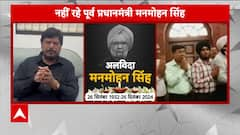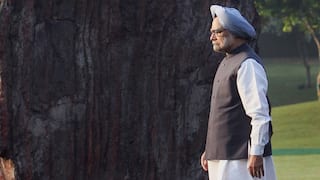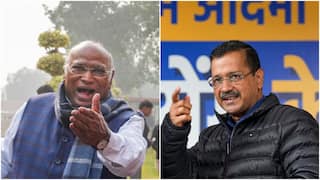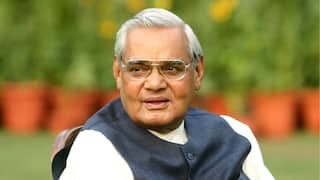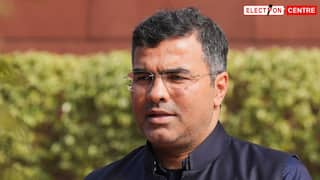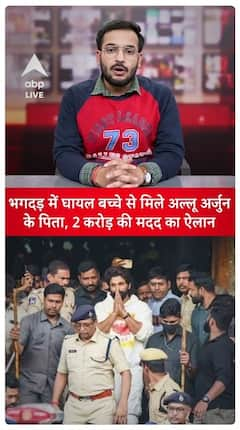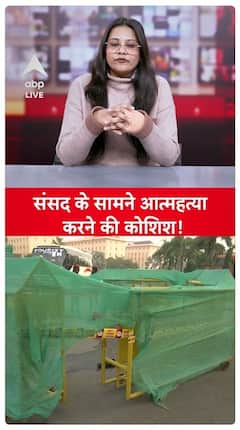Donald Trump Disqualified From Illinois Ballot Over Role In Capitol Riots
Donald Trump faced disqualification from the Illinois ballot. This makes Illinois the third state to bar Trump from the ballot, and the judge has extended the appeal deadline until Friday.

US Presidential Elections 2024: Illinois has become the third state to block former President Donald Trump from its ballot ahead of the 2024 US Presidential Elections. A county judge's decision on Wednesday barred Trump from appearing on the Illinois' Republican presidential primary ballot due to his involvement in the US Capitol insurrection on January 6, 2021. However, the judge has temporarily paused the ruling and granted Trump until Friday to appeal.
As reported by Reuters, an Illinois state judge prohibited Donald Trump's appearance on the Illinois Republican presidential primary ballot, citing his involvement in the January 6, 2021, Capitol insurrection. The judge, acknowledging an expected appeal by the former president, deferred the ruling from immediate enforcement, the report said.
On January 6, 2021, Trump supporters attacked police and swarmed the Capitol in an attempt to stop Congress from certifying Democrat Joe Biden's 2020 election victory. Trump had previously delivered an incendiary speech to supporters, instructing them to go to the Capitol and "fight like hell". For hours, he ignored requests that he urged the mob to stop.
Illinois Juge Ruling:
Cook County Circuit Judge Tracie Porter sided with Illinois voters who argued that the former president should be removed from the state's March 19 primary ballot and November 5 general election ballot for violating the anti-insurrection clause of the 14th Amendment to the United States Constitution, Reuters reported.
According to Reuters, Porter stated that she was delaying her decision because she anticipated his appeal to Illinois' appellate courts and a possible ruling from the US Supreme Court.
Trump Spokesperson Denounces The Verdict:
Steven Cheung, a Trump campaign spokesperson, called the decision unconstitutional and promised to file an appeal soon. He said that the recent disqualification follows similar decisions in Colorado and Maine.
"Today, an activist Democrat judge in Illinois abruptly overruled the state's board of elections, contradicting previous decisions from dozens of other state and federal courts. This is an unconstitutional ruling that we will immediately appeal," a Trump campaign spokesman, Steven Cheung, said in an official statement, as reported by The New York Post.
It is to be noted that Colorado and Maine have previously removed Trump from their state ballots after determining that he is disqualified under Section 3 of the 14th Amendment to the Constitution. Both decisions are on hold while Trump appeals.
The Way Ahead For Trump:
In another development, the US Supreme Court agreed to hear Trump's claim of presidential immunity from prosecution. This decision further delays his trial on charges related to conspiring to overturn the 2020 election. The court scheduled arguments for the week of April 22, keeping Trump's federal election interference trial on hold for the time being, AFP reported.
According to the AFP report, the Supreme Court's final decision on Trump's ballot eligibility, including the Illinois case, is crucial and is expected to shape the outcome of similar challenges.
The court had previously heard arguments on February 8 related to Trump's eligibility.
Scheduled to face trial on March 4 for alleged conspiracy in Washington, Trump's proceedings were frozen due to his presidential immunity claim moving through the courts. The 77-year-old, a frontrunner for the 2024 Republican presidential nomination, expressed satisfaction with the Supreme Court's decision, emphasizing the necessity of presidential immunity for effective decision-making.
The question of whether a former US president is immune from prosecution is unprecedented in American jurisprudence, and Trump's case marks a unique legal situation. The Supreme Court is currently deliberating on Trump's challenge to his Colorado disqualification, with justices expressing skepticism during oral arguments about the potential national impact of state actions.
Trending News
Top Headlines





